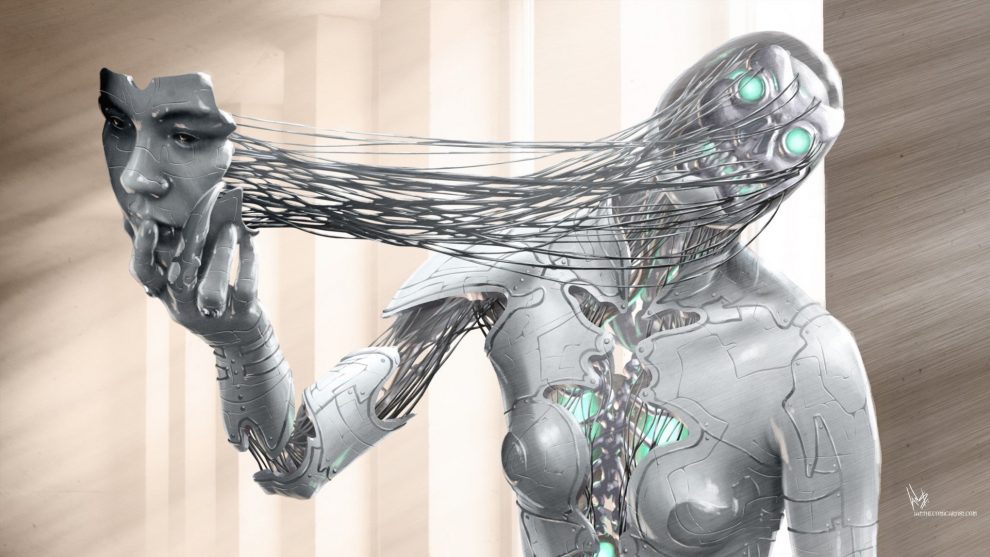Whenever a latest technology emerges on the face of this globe, it follows a whole lot of speculation and hype. Throughout the years, Artifical Intelligence has been a hot topic in every field. The impacts and effects often come under discussion. Legal tech space is the same as any sector when it comes to being effected by this technology like AI.
However, the technology of AI is in the early stages of development. The potential for change is incredible. A profound impact is seen to be affecting the law firms in the near future.
Consider the result of the recently released Deloitte study, “Developing Legal Talent: Stepping Into the Future Law Firm”. The central thesis of this report is that by 2020, the practice of law will be dramatically different than it is today, in large part due to the effects of technological change, with AI playing a large part.
AI and Legal Industry
One can conclude from the report that 114,000 jobs in the legal sector will become mechanized over the duration of the next 20 years. And, according to the report, motorization has already resulted in the reduction of 31,000 jobs in the industry, mostly in administrative roles. The entry level attorneys are the ones at risk and highly skilled lawyers will be safe from the reductions. The report indicates that demand for highly skilled lawyers will increase to 25,000 more by 2020.
Concretely, over the next 10 years, it is anticipated that the following changes will likely occur because of variations in technology:
- A new mix of skills among the elite lawyers
- A reformed workforce structure and alternative progression routes
- Fewer traditional lawyers in law firms
- Greater flexibility and mobility within the industry
- A greater willingness to source people from other industries with non-traditional skills and training.
Assuming these predictions are accurate what exactly will a lawyer’s life be like in 20 years?
Richard Tromans, founder of Tromans Consulting, envisioned this very concept in a fictional account, “Turing & Partners: An AI-Enabled Law Firm”. He describes an attorney arriving to work in a driverless vehicle and being granted access to his firm’s building after facial recognition technology is employed. Next, he enters a mostly empty office, since most employees work remotely from home.

As Tromans explained: “The firm’s greatest expense was its technology. The huge server farm/data centres that hosted the firm’s many AIs were where the majority of the firm’s legal work took place…The other big costs were software licensing and legal tech experts, ranging from regular maintenance people to specialist White Hat lawyer-hackers who were needed to refine and risk-test the smart contracts they relied upon for nearly all the firm’s work…The smart contracts were ‘live’, permanently hooked up to the networks of ownership, intellectual property and the log of financial transactions around the world. Everyone and everything was connected to the WBN, or at least anything that had a financial value or anyone with any kind of data record. Drawing up the smart contracts, each framed by the law of the relevant legal jurisdiction and the UN-established global protcols, was only one part of what Turing & Partners did for their clients. A lot of the other work was maintaining and modifying them as time went by, or litigating for those parties who believed the smart contracts had been unfair or had not been followed correctly.”
In this firm of the future, outsourcing has ceased to exist and partners in the firm are scattered across the globe. Lawyers’ work consists of overseeing the AI as it analyzed the contracts and then stepping in to negotiate and provide high level legal advice. Sounds interesting? Read the entire post to learn more and get a sense of the day-to-day life of a lawyer as perceived by one attorney with an eye toward an AI-impacted law practice.
Sure, it’s purely speculative, but the possibilities are fascinating – and not entirely improbable. AI and the automation of much of the mundane aspects of transactional law practice will undoubtedly have a tremendous impact on the practice of law.
Beyond the shadow of a doubt, AI will change the legal profession.












